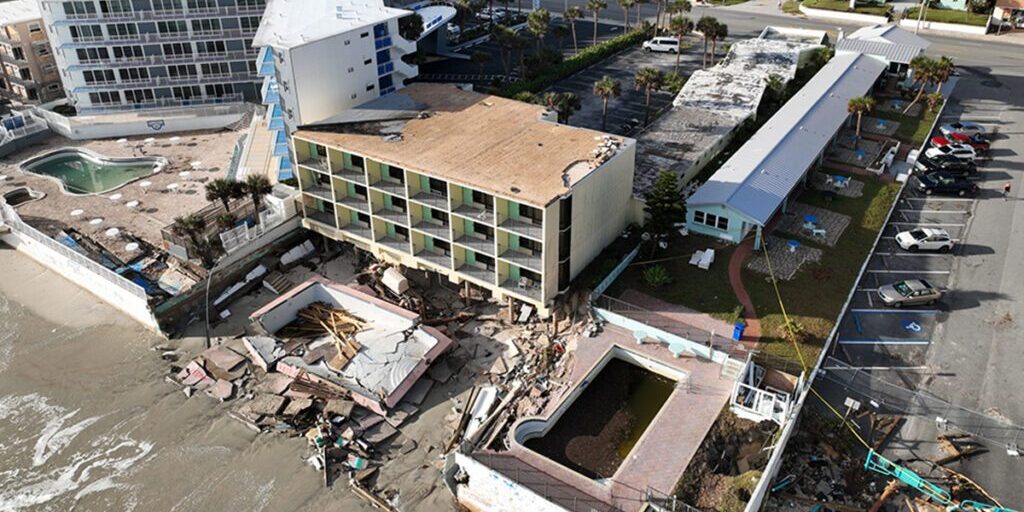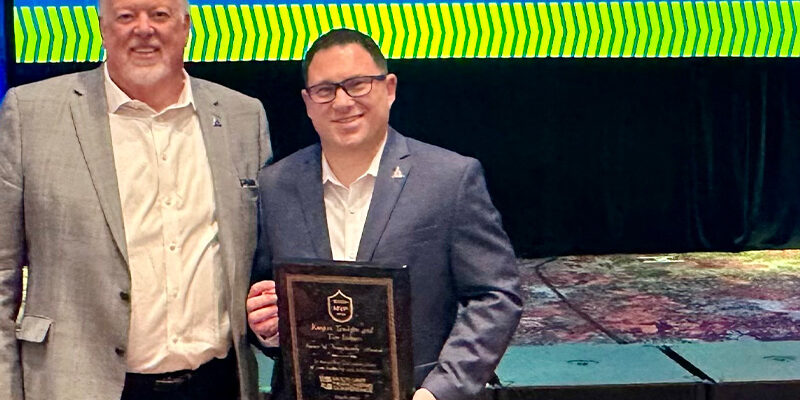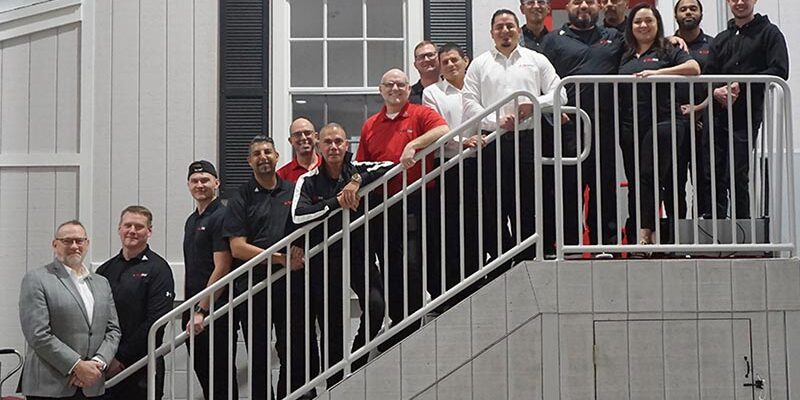The Success Secret Sauce

By Cliff Cole and Ken Kahtava
Entrepreneurs are a passionate bunch.
Every day we work hard to accomplish more and make our businesses better. Passion and drive are crucial traits for business owners, but when you work in water damage restoration, it isn’t enough to work hard, especially when you want your business to grow.
An entrepreneur can’t just work hard. He or she must be smart about how the business is managed. Even the smartest and most driven business owners can find themselves overworked and overwhelmed, running a business that looks successful on paper, but which is struggling to keep up with the day-to-day operations. This is especially true for those who wish to scale their businesses. Often the dream to grow is limited by inefficient business practices. Owners find themselves so heavily involved that their businesses cannot grow or have very little value to potential buyers.
Seeing independent restorers face the same obstacles time and time again as they try to scale their businesses is exactly what led us to develop the operational systems we use. Time has proven that well-developed and consistently implemented systems are truly the secret to growing a restoration business.
The ownership paradox
Before we move any further, it’s important for you to understand the concept known as the ownership paradox. Author and entrepreneur Scott Fritz first introduced the idea in The Forty Hour Work Year. According to Fritz, companies trapped in the ownership paradox are those that need their owners’ constant involvement for successful day-to-day operations.
If you are an owner of a company the relies on your involvement each day, you know just how limiting that can be. Not only are you unable to take a sick day or a week away with your family, you can’t step away from the business to focus on new ideas or company growth.
The most detrimental of limitations created by the ownership paradox, as described by Fritz, is that a company that cannot operate on its own has little to no value to potential buyers. This means, if you ever want your small business to grow beyond self-employment and into an asset you can sell, you must turn your restoration business into a self-run organization. This is where operational systems can become invaluable to every water damage restoration company.
The role of operational systems
Before you understand the role systems can play in your business, you must understand how we define a system. To put it simply, a system is any procedure, method, or process that is well-documented and used to guide the day-to-day operations of a business. When strong systems are implemented, they guide staff members through each step of a task, ensuring that the job is done correctly the first time and every other time.
In many cases, operational systems are built from subsystems. For instance, your company could benefit from a system that outlines every step of a restoration job from the first phone call to receiving payment. And, within that system, you should create smaller systems such as a check off list for giving an estimate or the procedures for following up on unpaid invoices. Sometimes systems are check-off lists and sometimes they are industry-specific software that has been customized to your needs.
When you take the time to implement detailed operational systems, your business will run itself, and a self-run business is a valuable business.
Solving your company’s problems with smart systems
When you’re stuck in the ownership paradox, it is difficult to know where to begin implementing systems into your daily operations. There are countless systems a water damage restoration business can use to streamline daily operations, avoid inefficiencies, and eliminate costly mistakes. We suggest beginning with two essential practices — tracking referral marketing and getting paid.
You know firsthand the value of referral marketing in the restoration industry. While many industries market directly to the consumer, water damage restoration companies faces unique marketing circumstances because of the nature of the work we do. Restoration is an emergency industry, meaning homeowners aren’t planning ahead for a plumbing leak or flood, and when disaster strikes, it’s unlikely you’ll be their first call. Instead, many panicked homeowners phone their insurance company or a local plumber, who will refer a cleanup and restoration service.
This is why referral marketing generates so many leads for restoration specialists, and the importance of this client source is why developing a system for tracking referral marketing efforts is a non-negotiable system.
If you’re not keeping track of the connections you are making and the source of leads, you don’t have the knowledge needed to capitalize on your most profitable relationships, and we can guarantee you are missing out on leads that could turn into work for your business.
Another system we believe every restoration company needs is one that guides each step of the invoicing process and ensures payment comes in on time every time. It is easy to send an invoice and forget about it until it’s overdue.
A system for tracking sent invoices and following up on any accounts reaching their 30-day mark is essential to keeping cash flow healthy.
Cliff Cole is the co-founder of More Floods and has been in the cleaning and restoration industry for more than 30 years. Ken Kahtava is the Director of Marketing for More Floods, and provides training and coaching of the More Floods systems to companies across North America.












